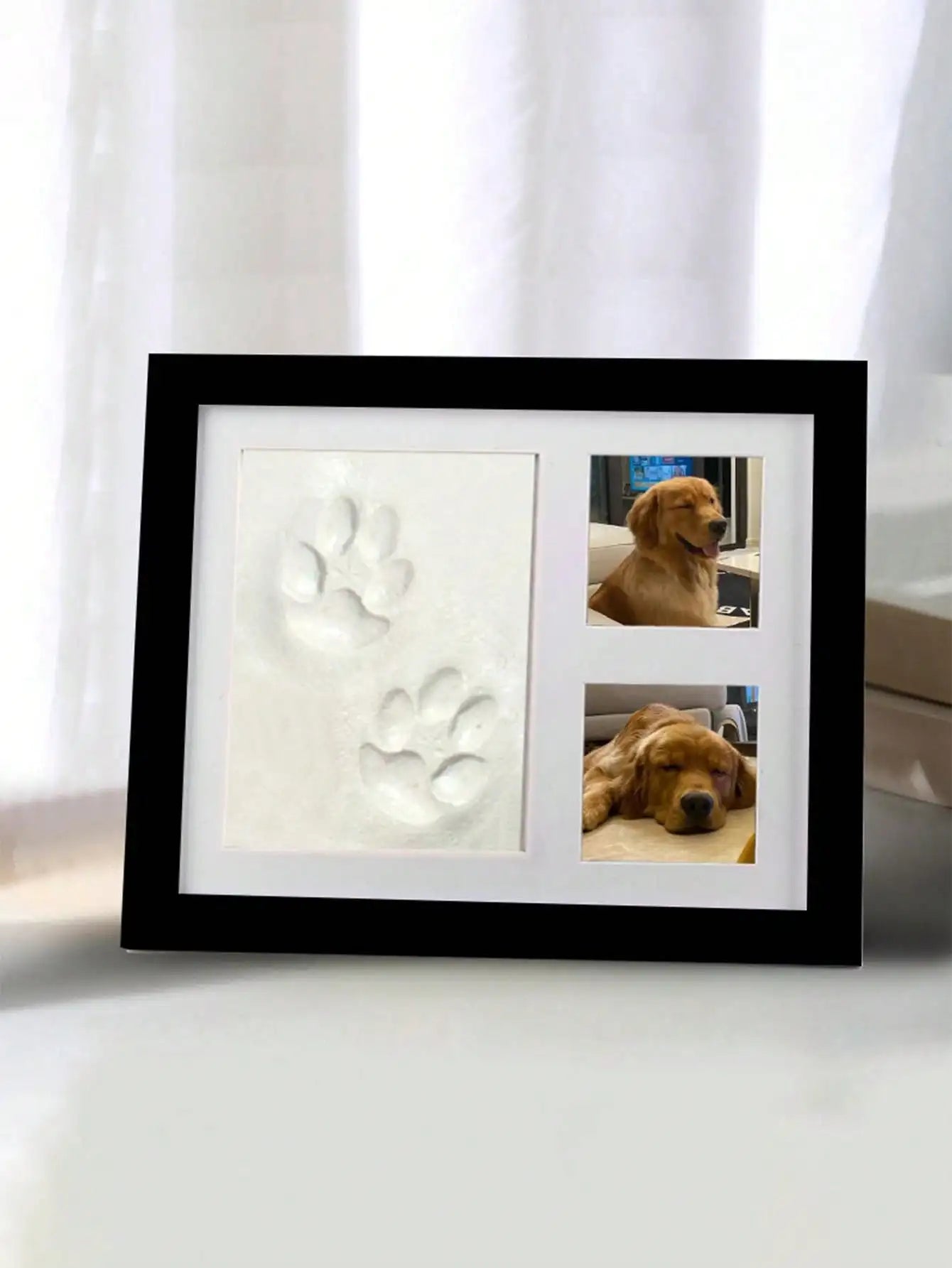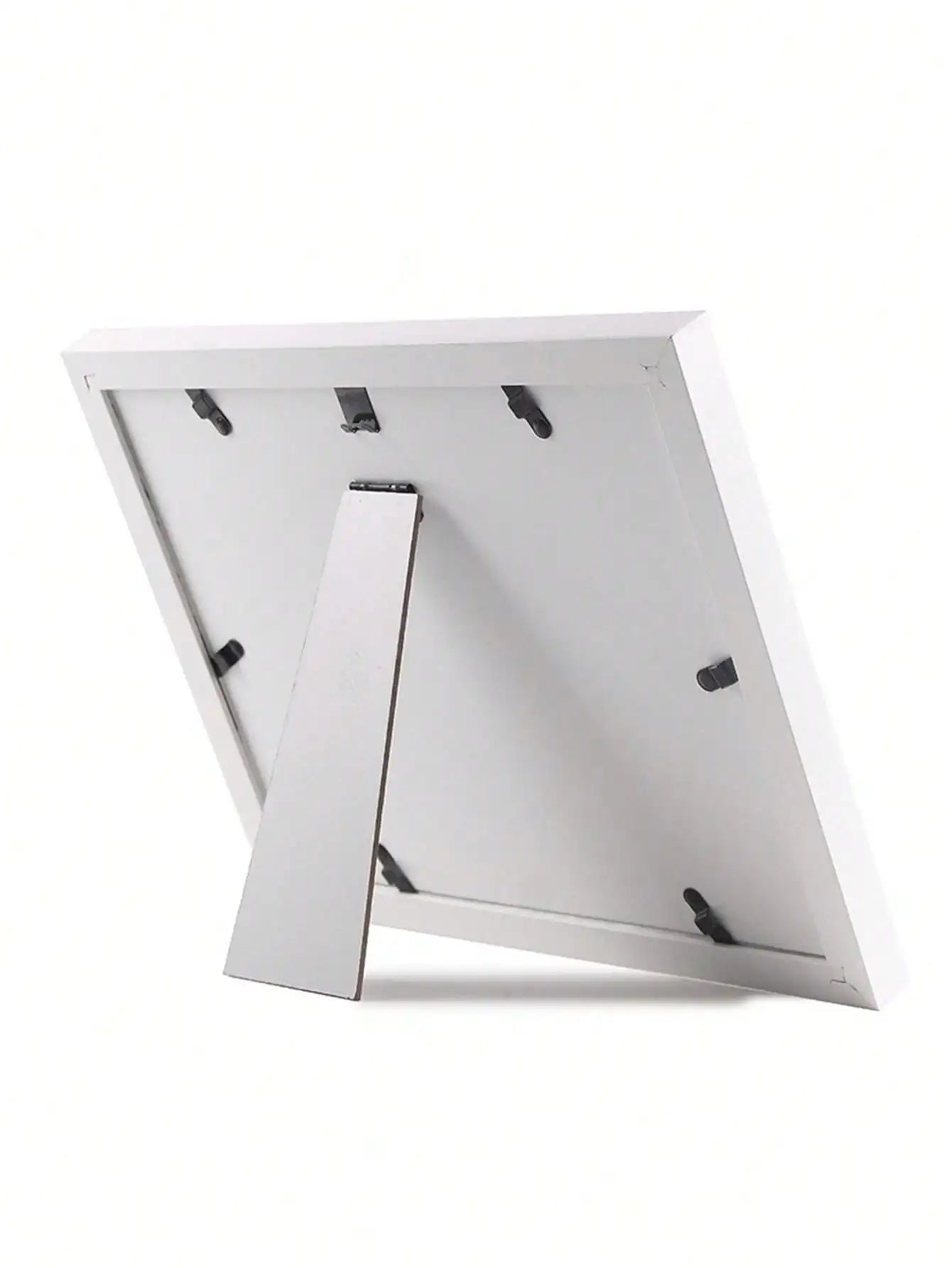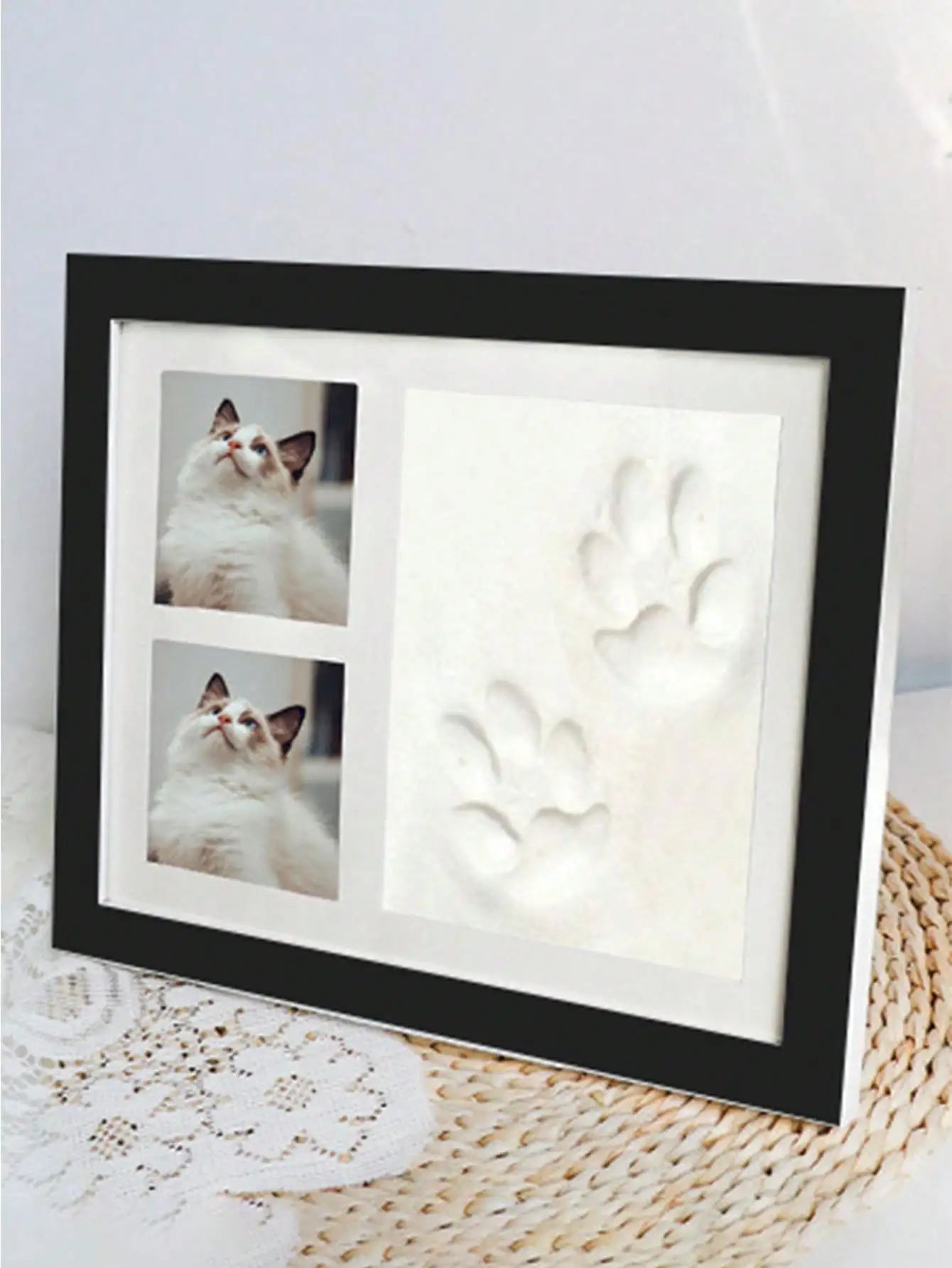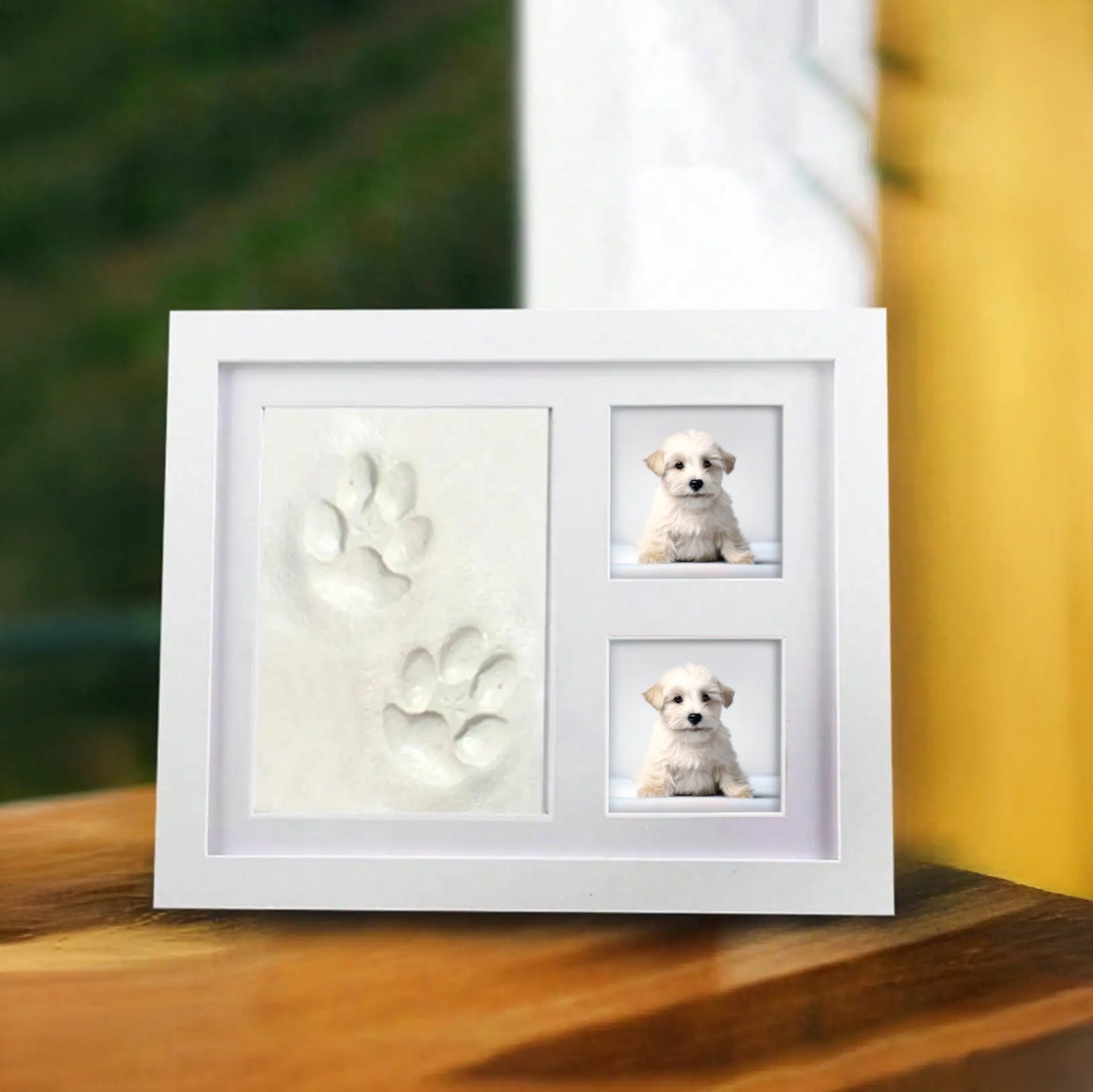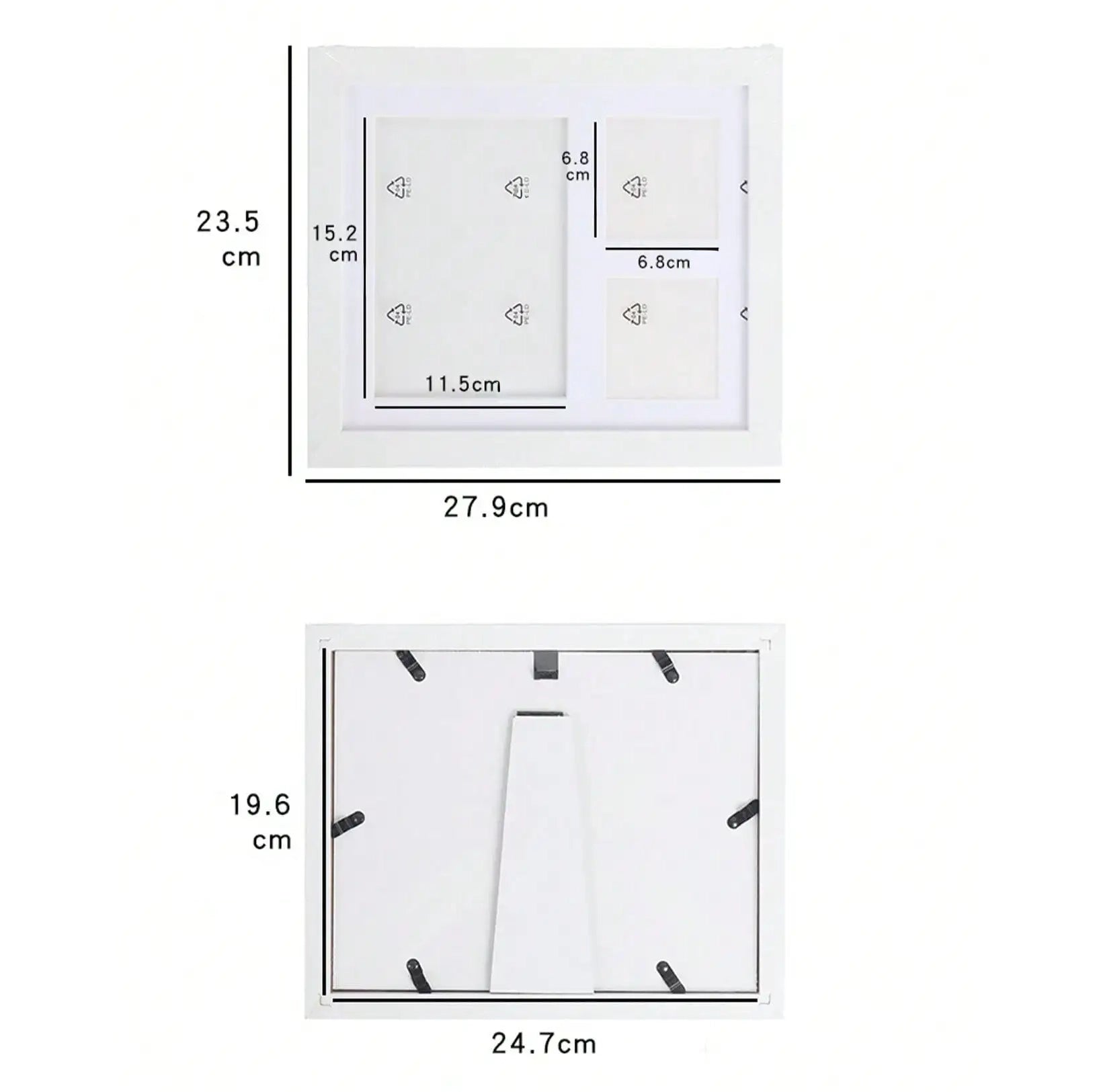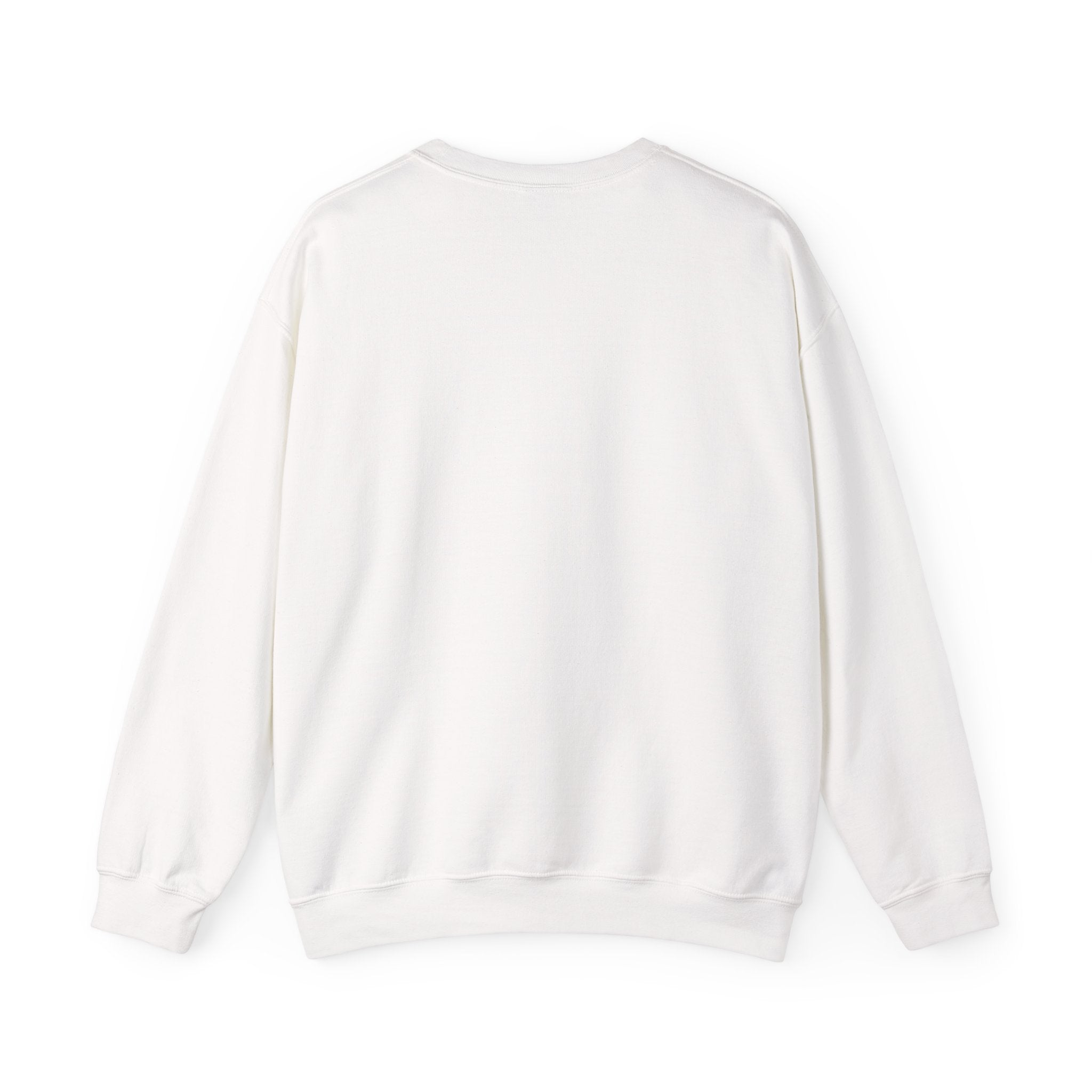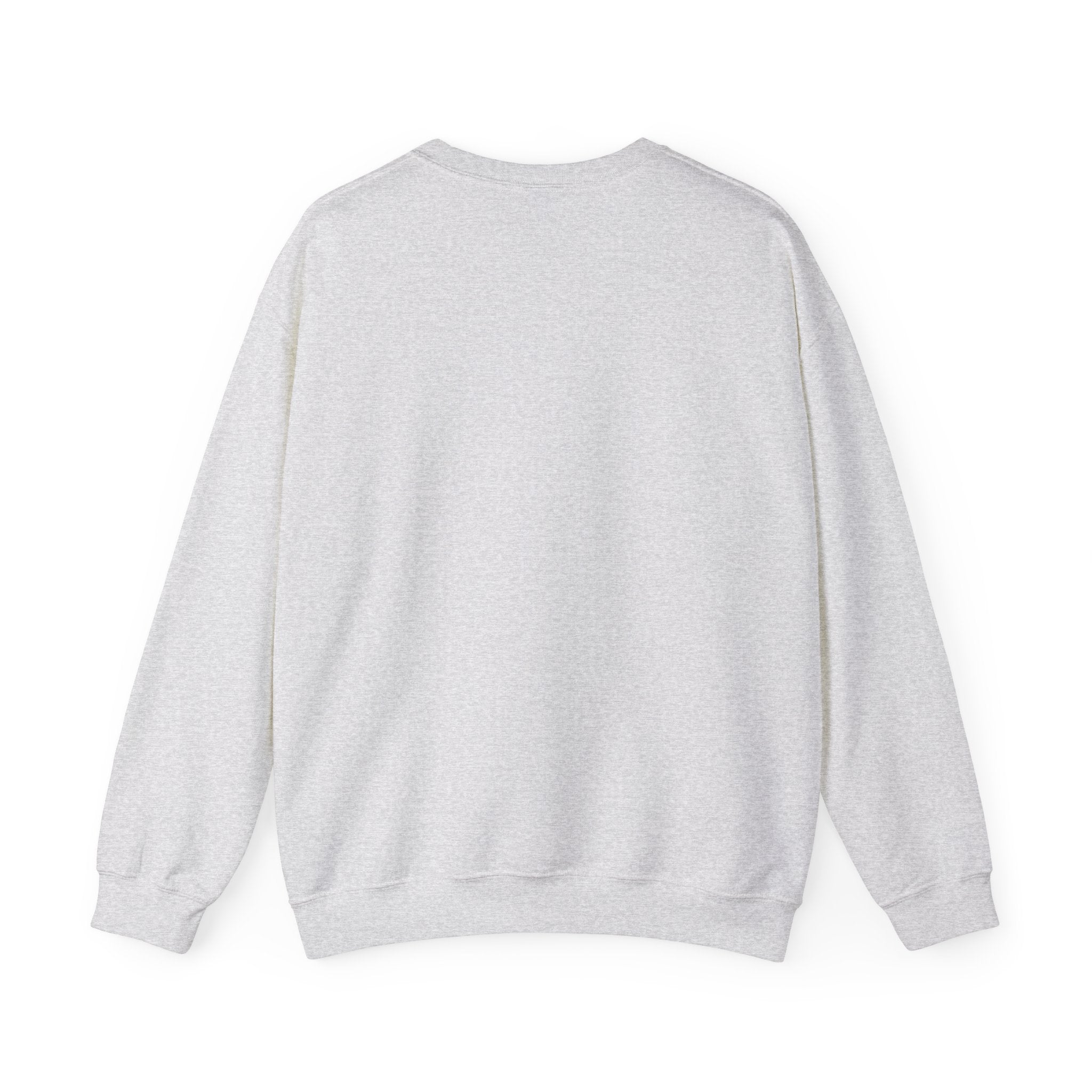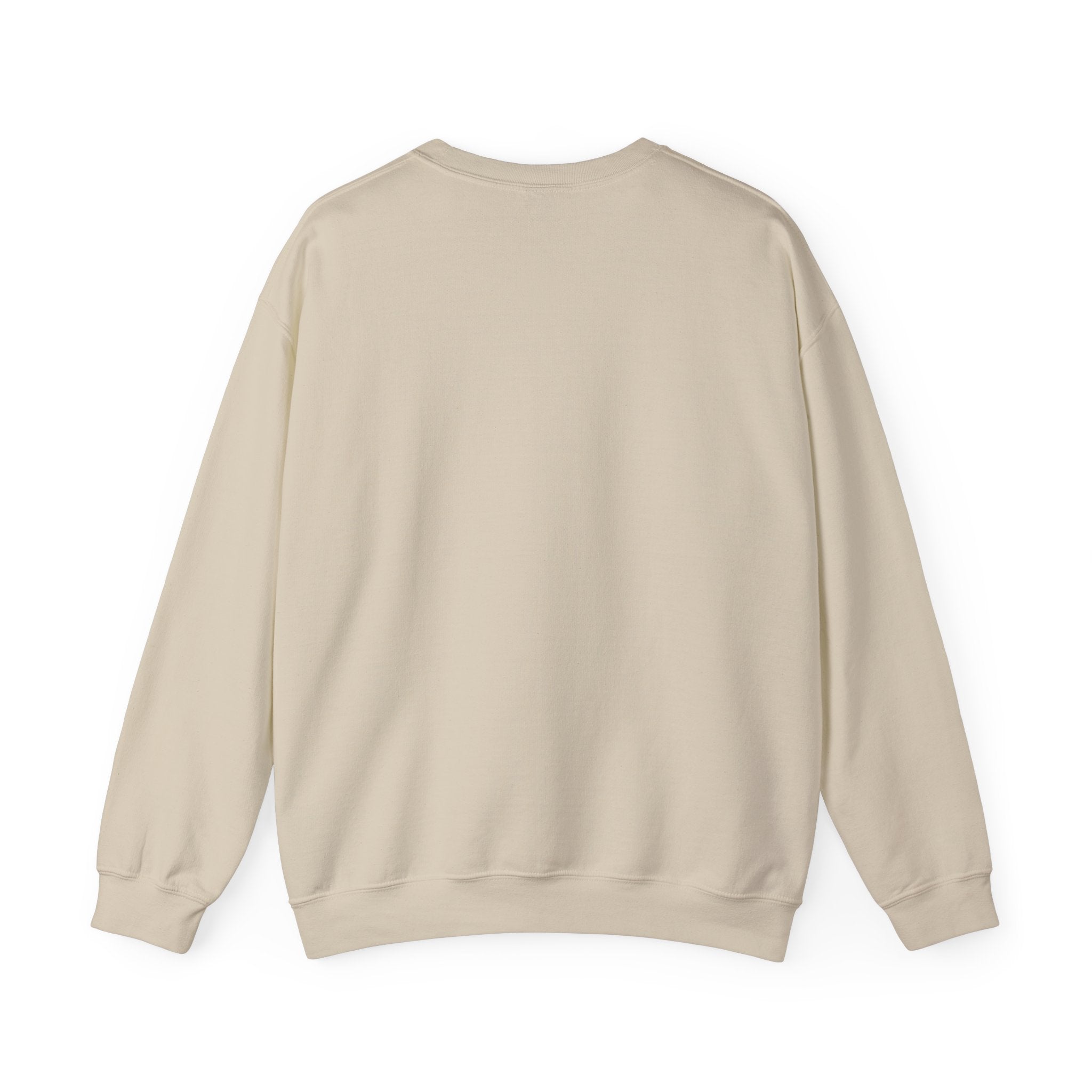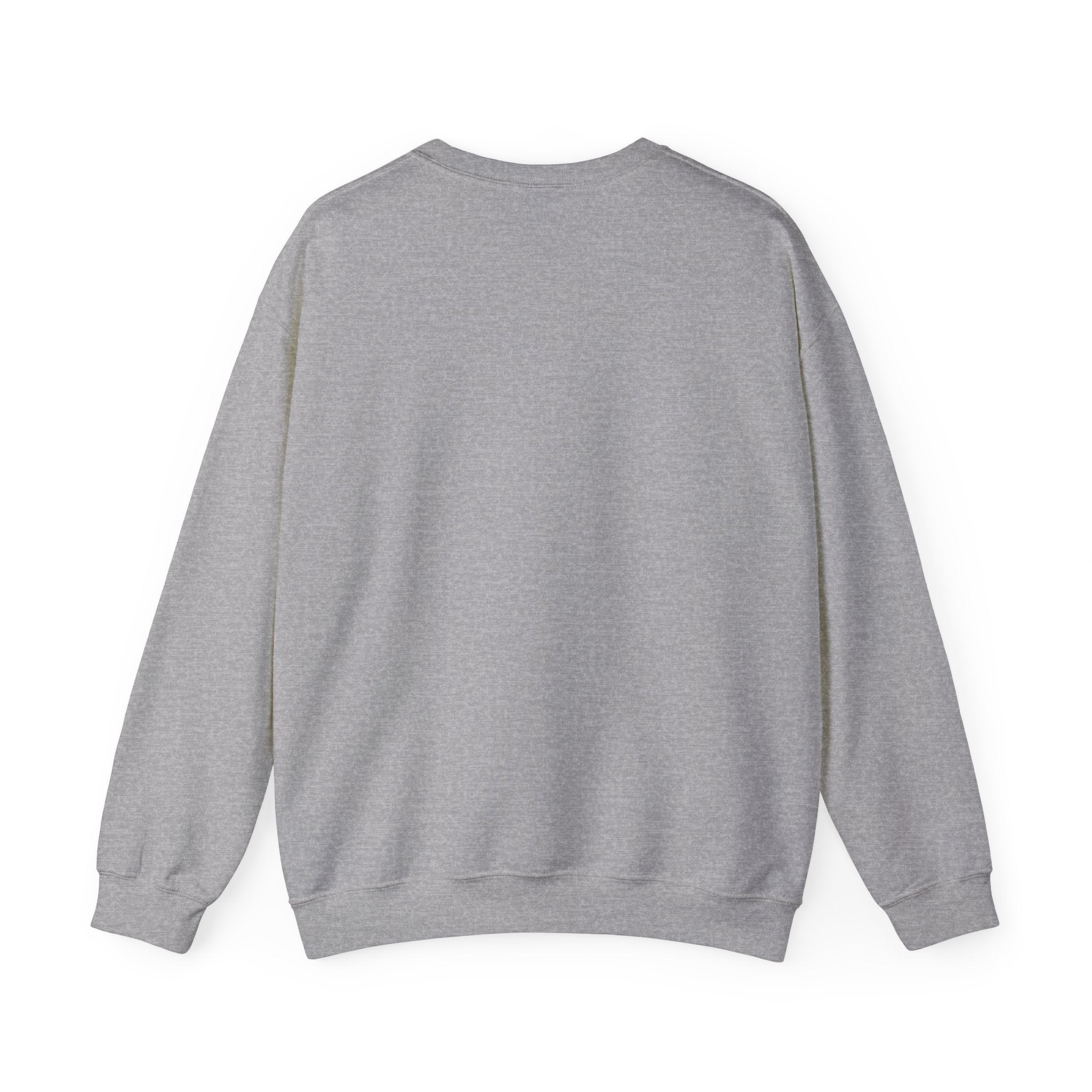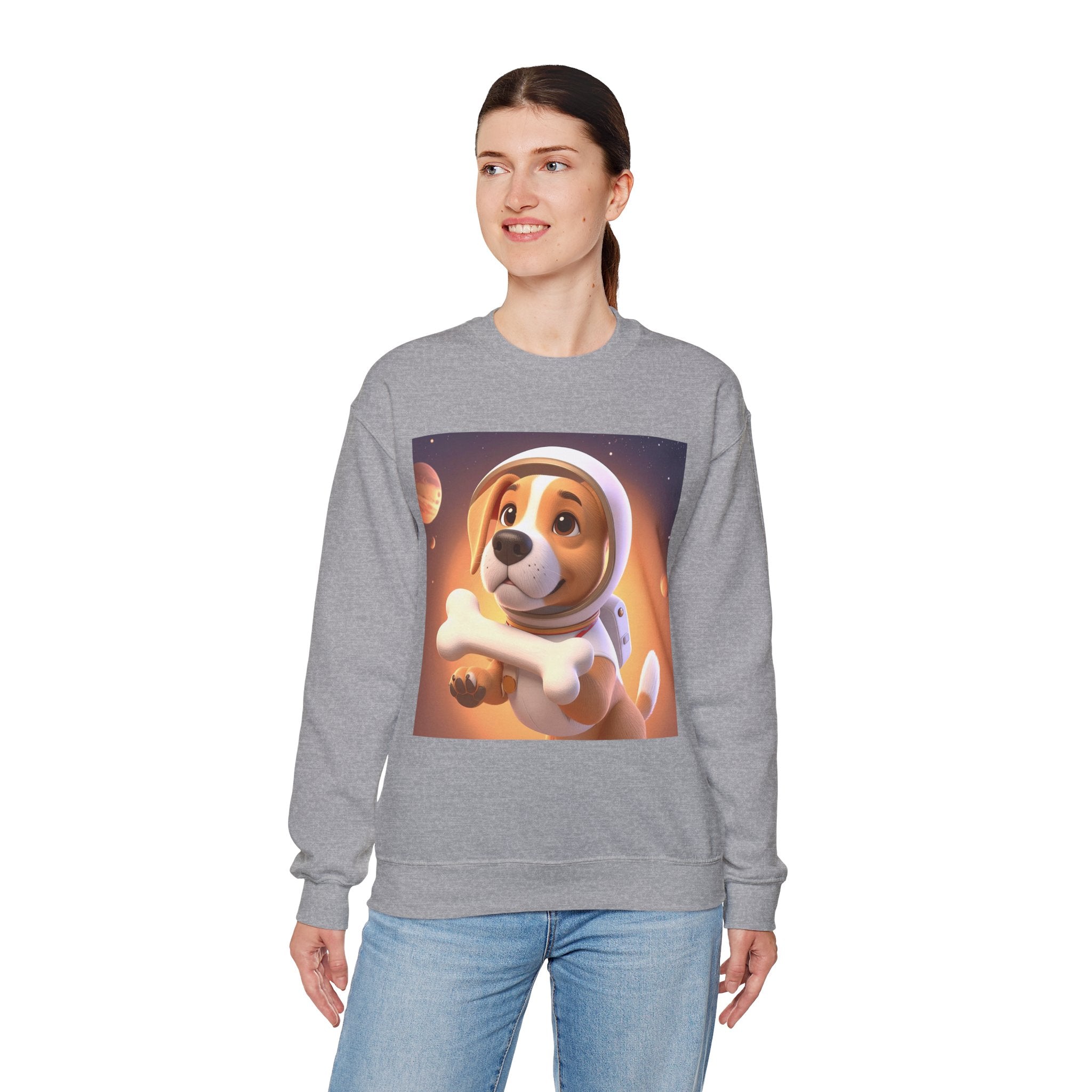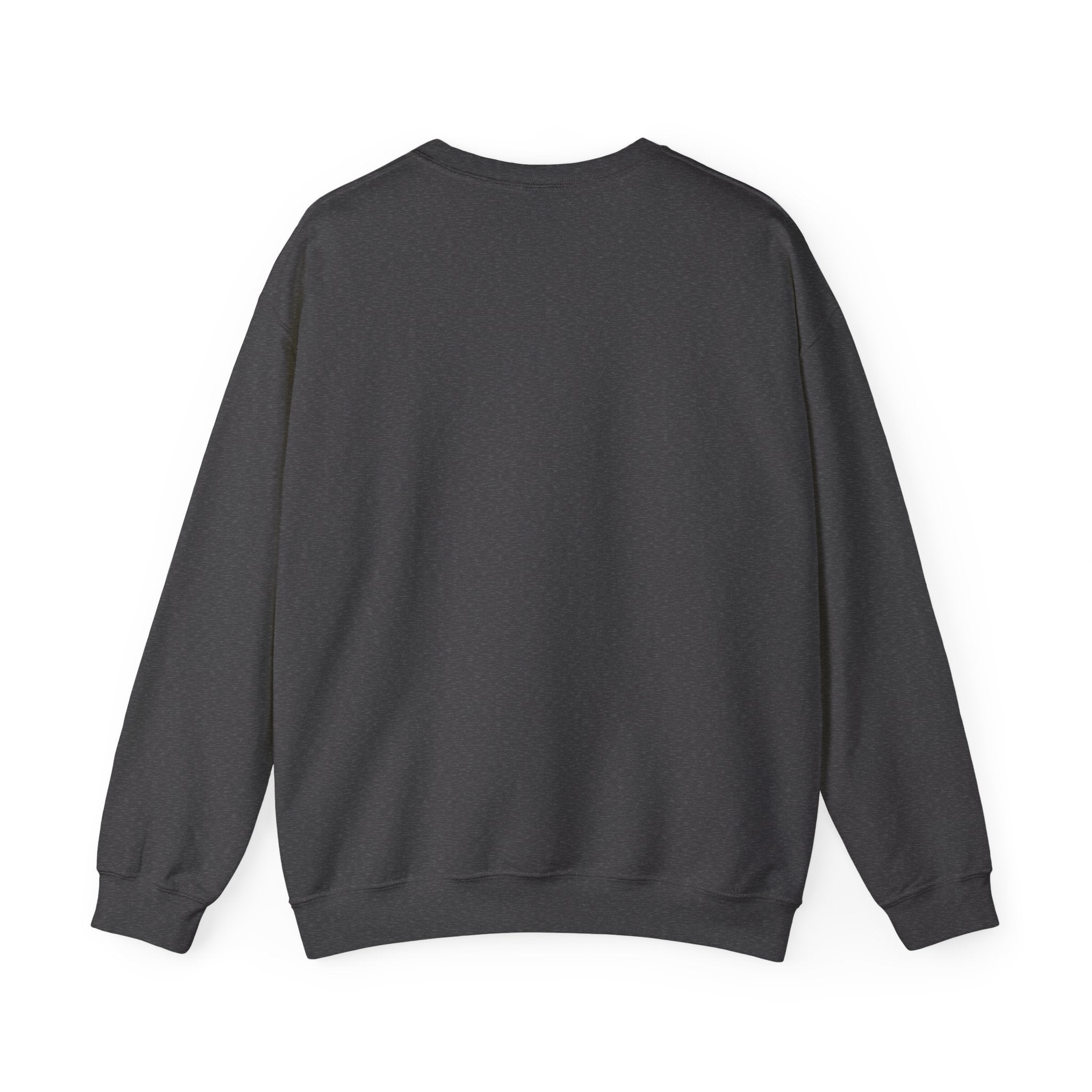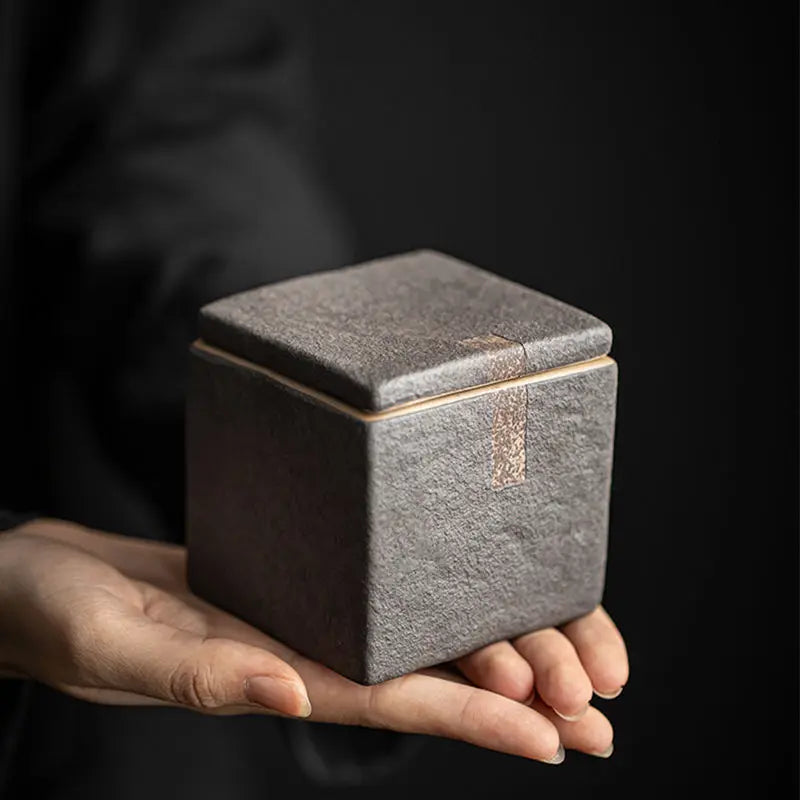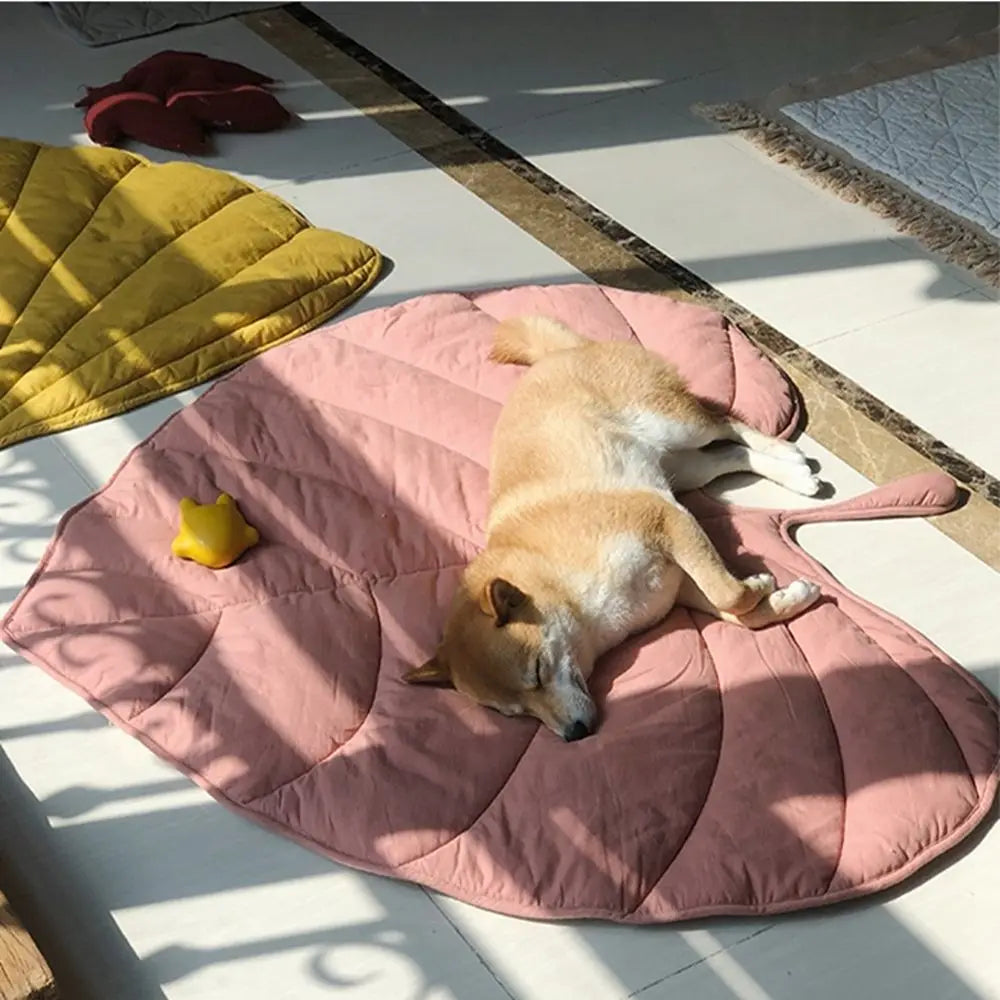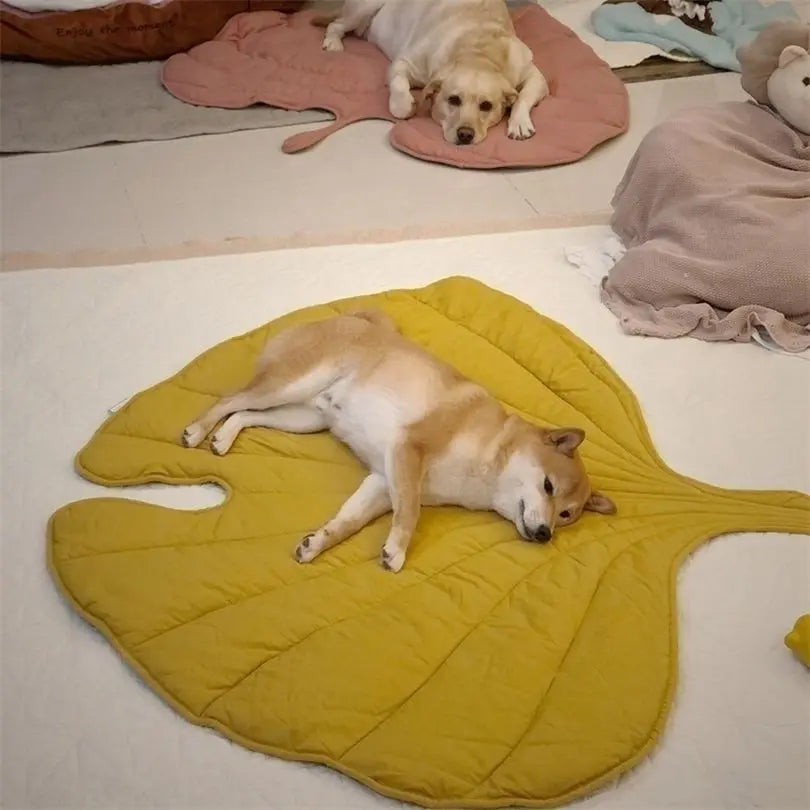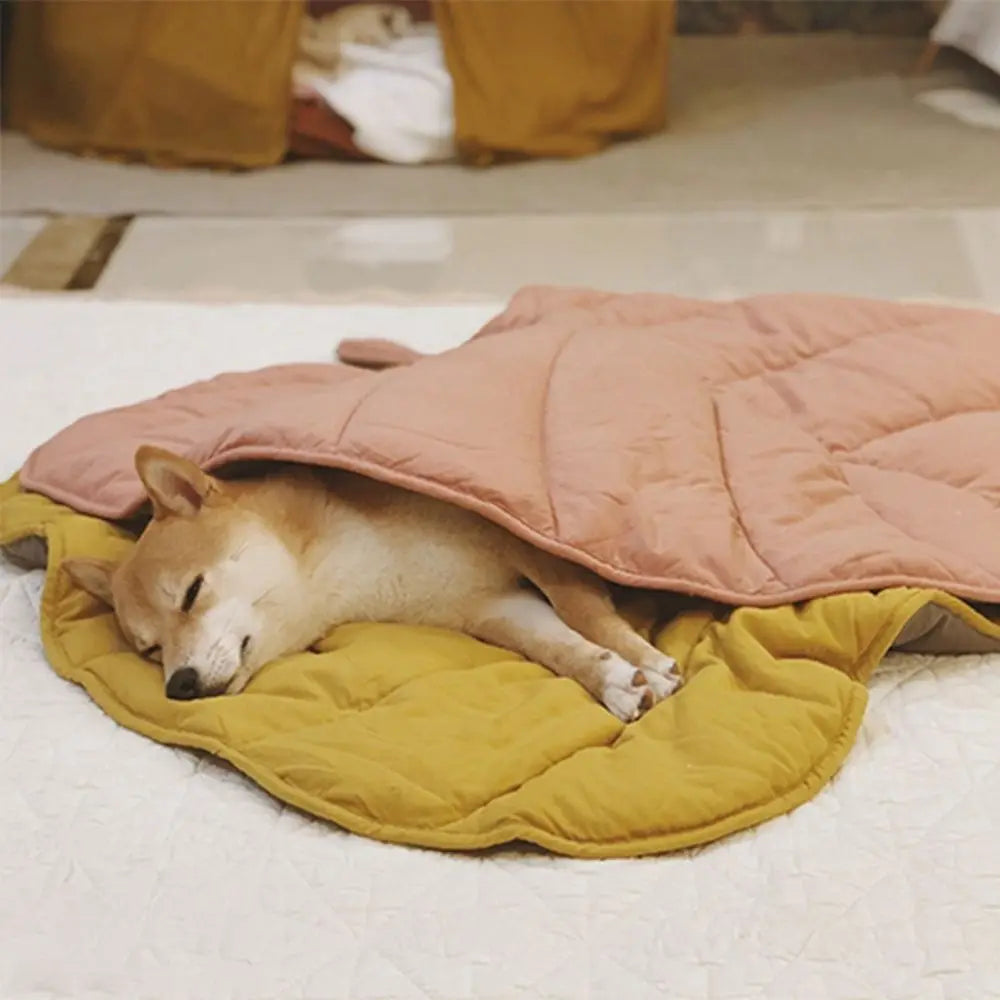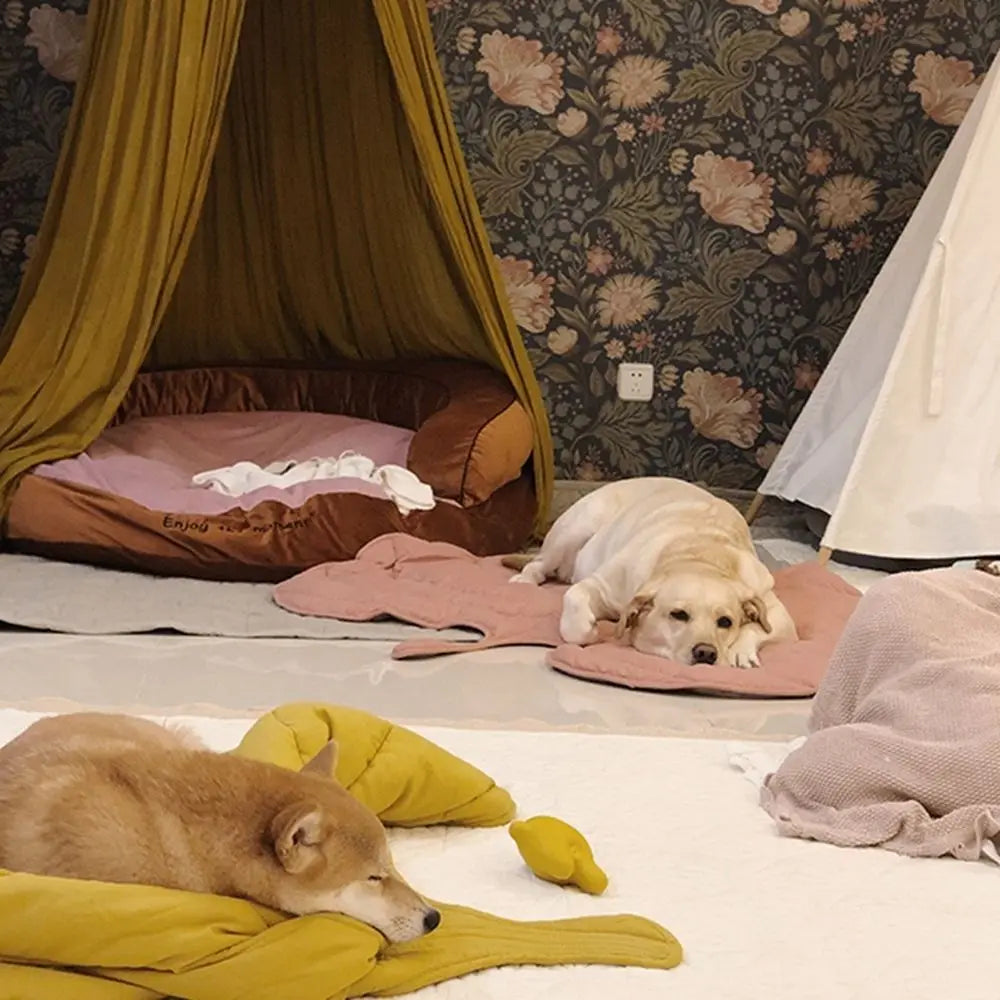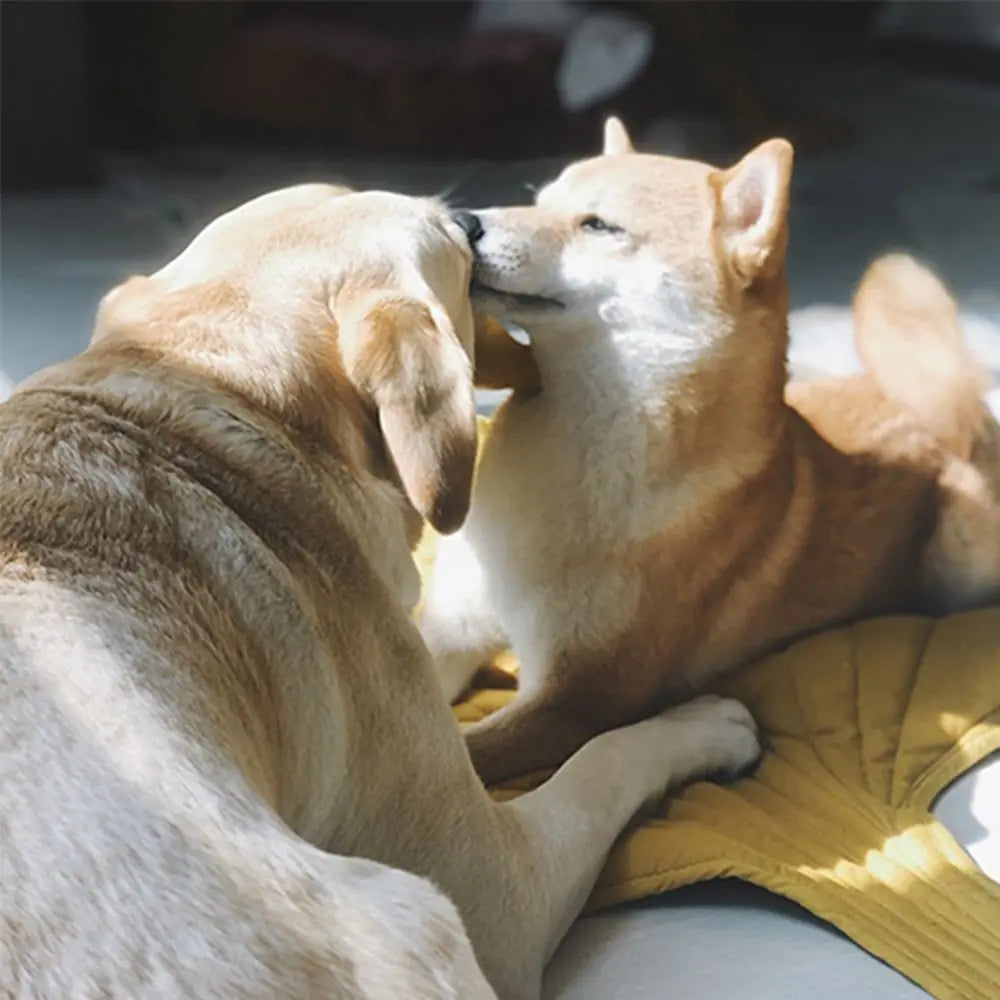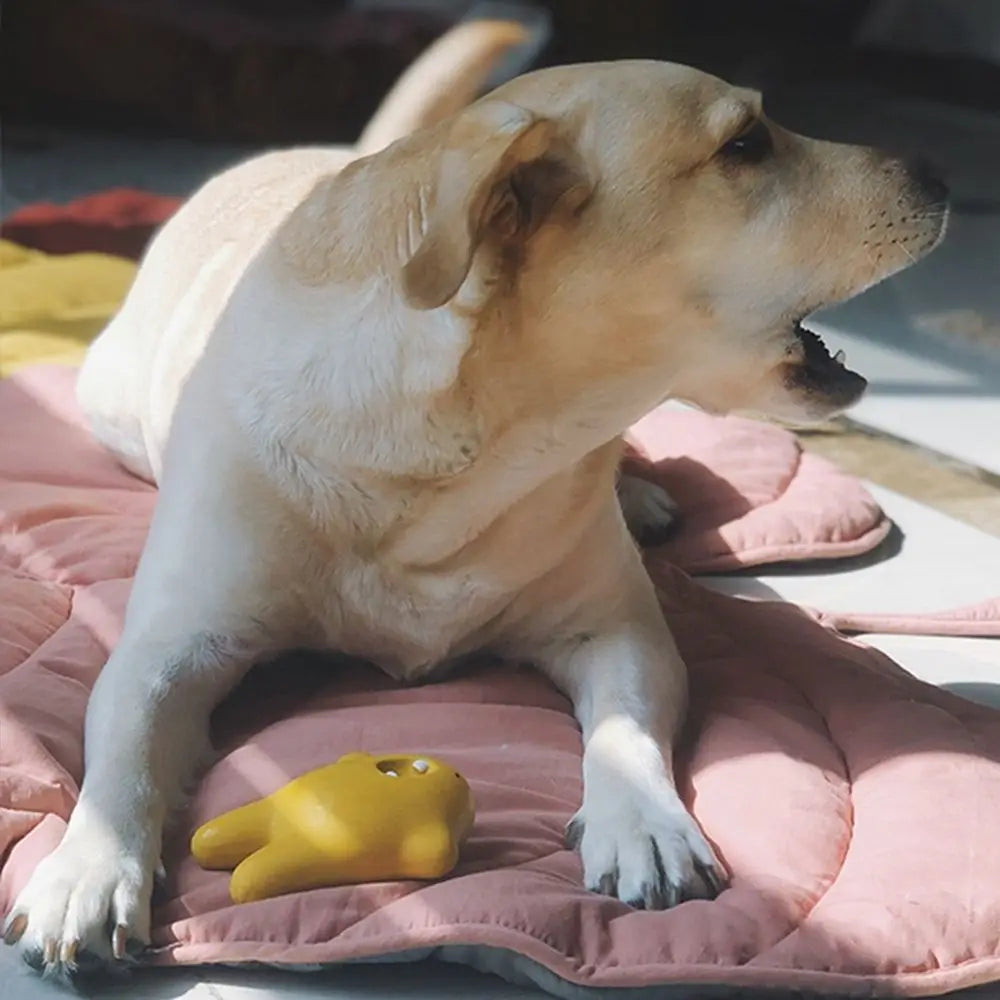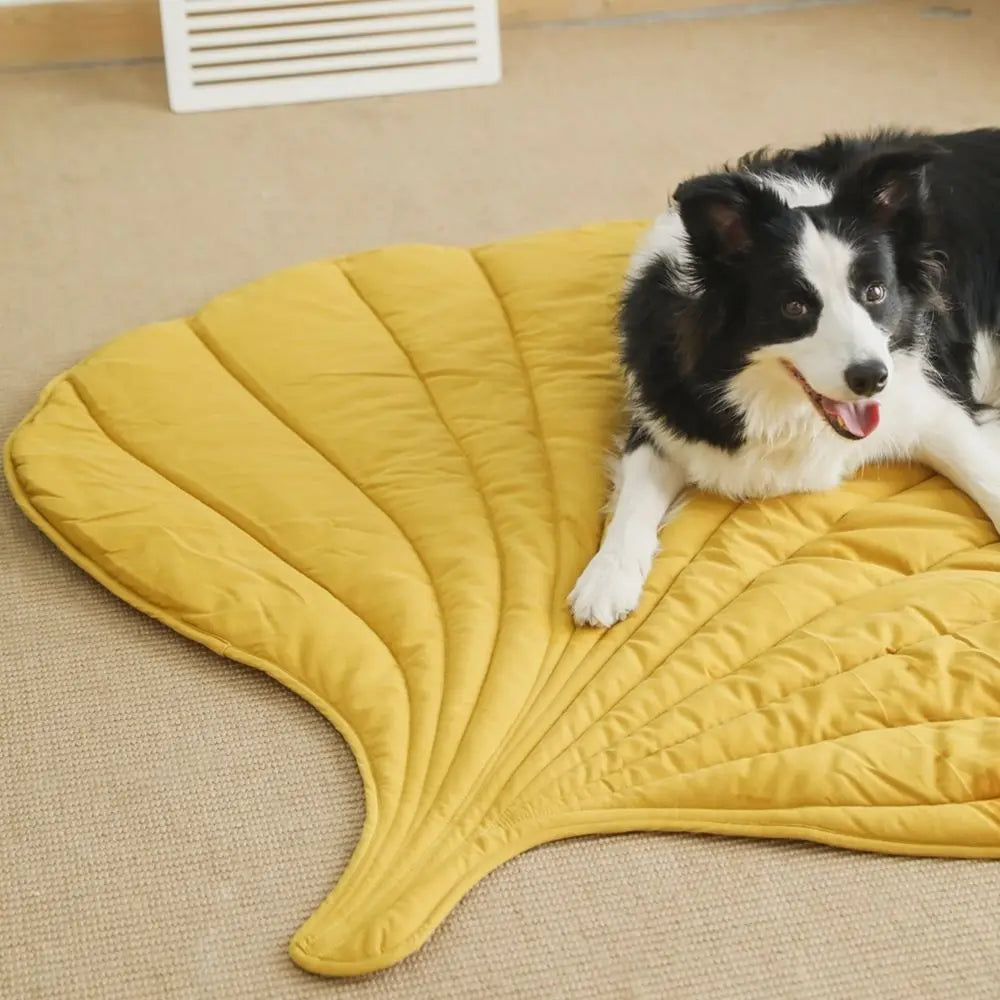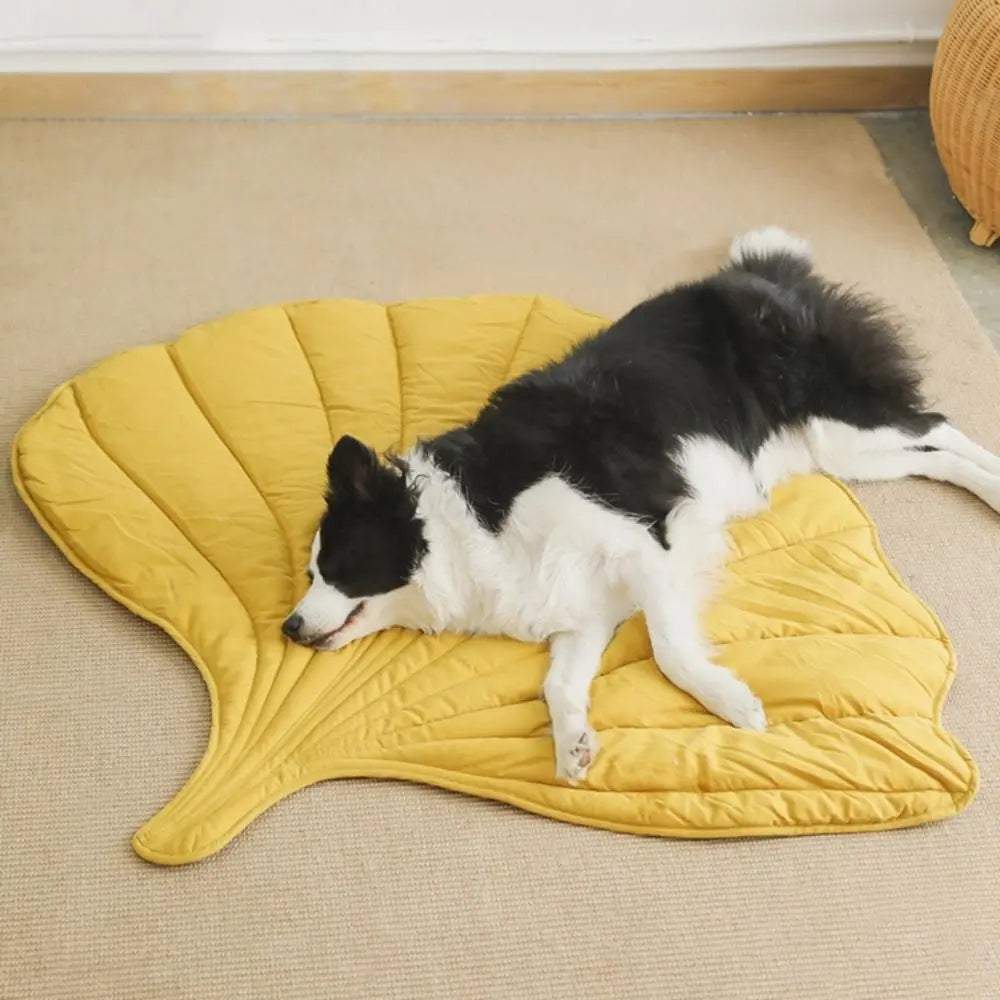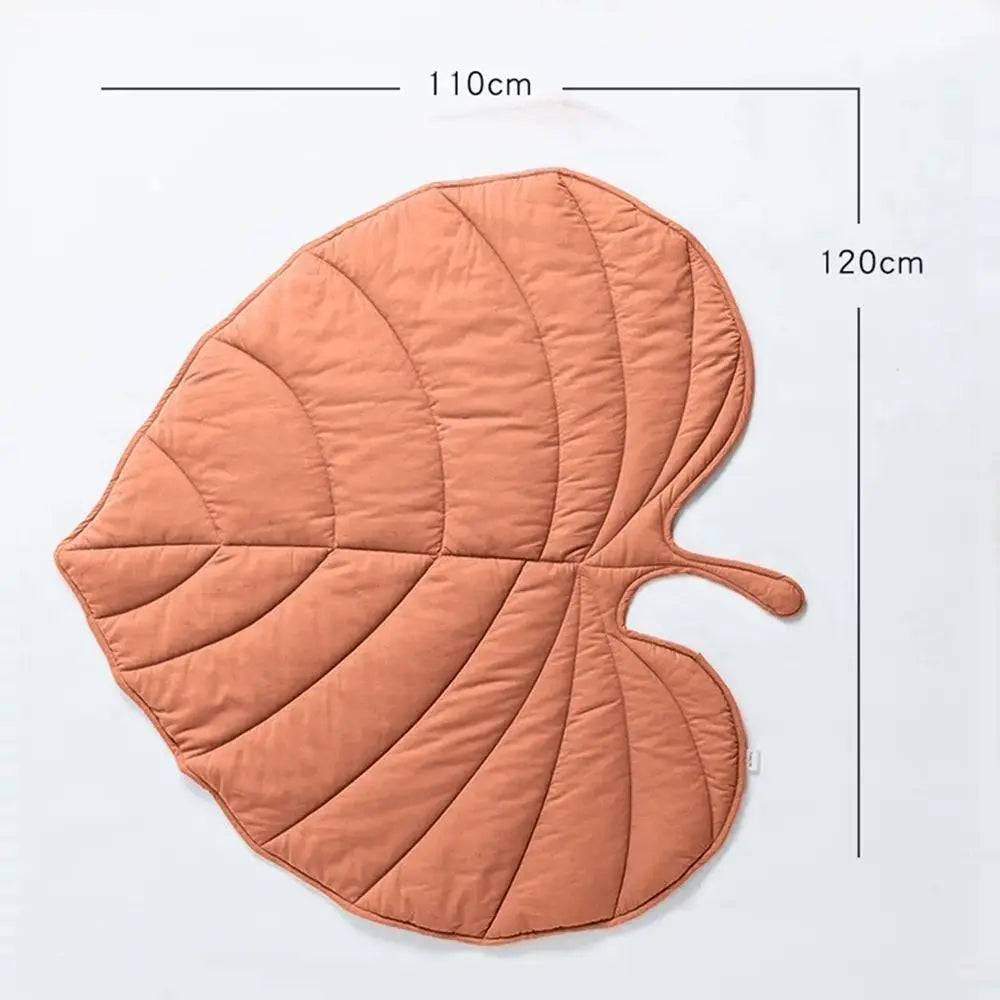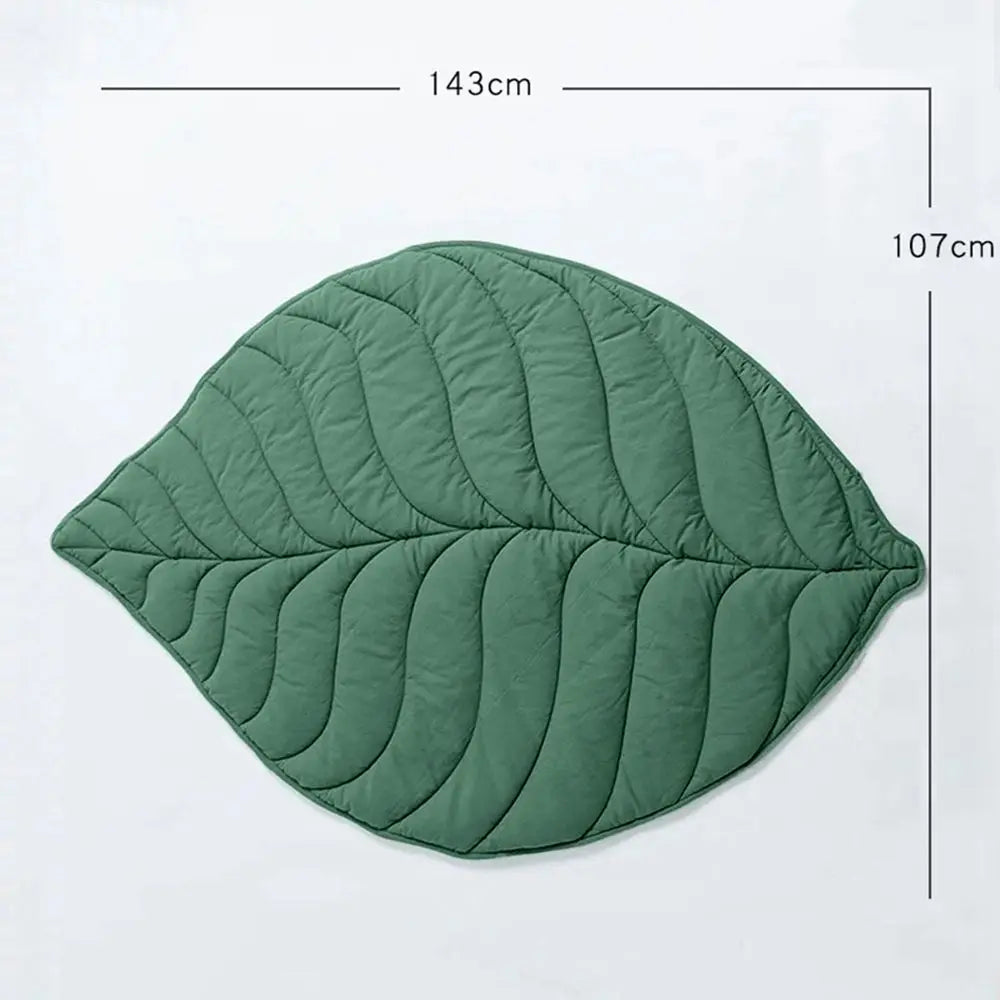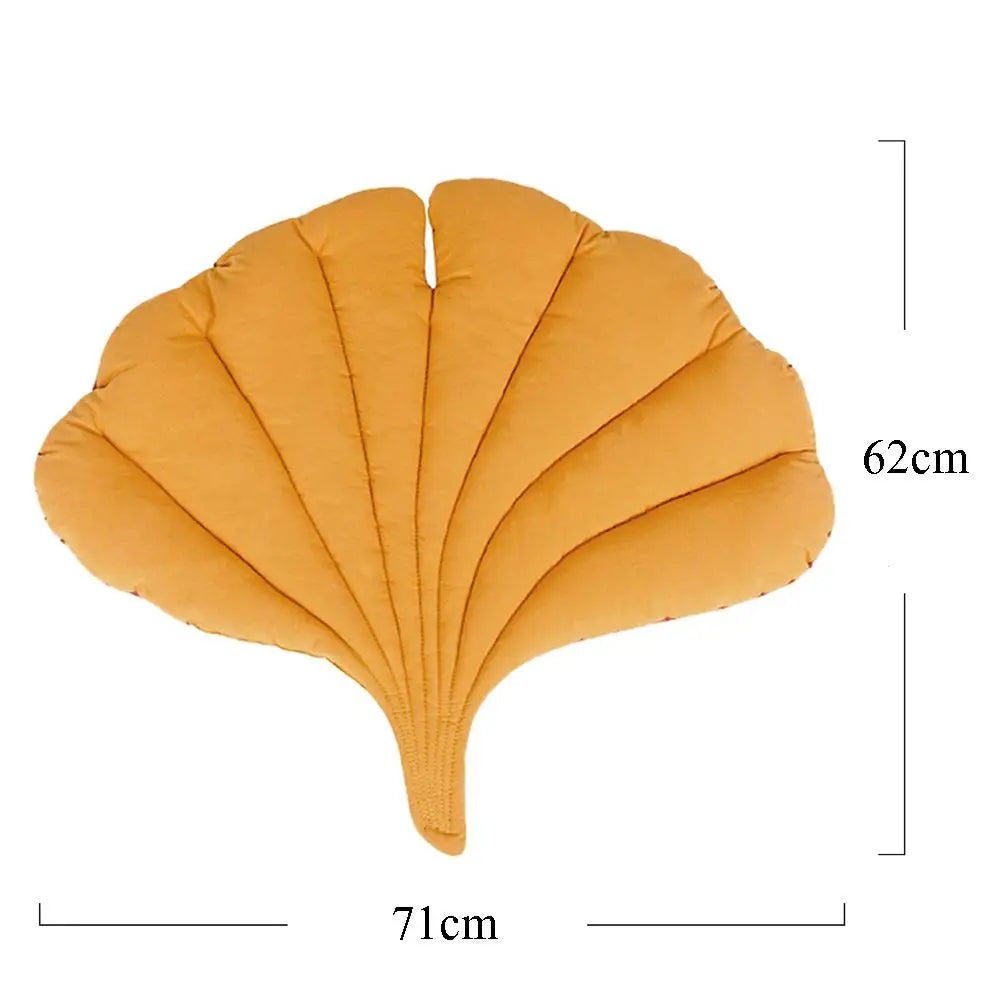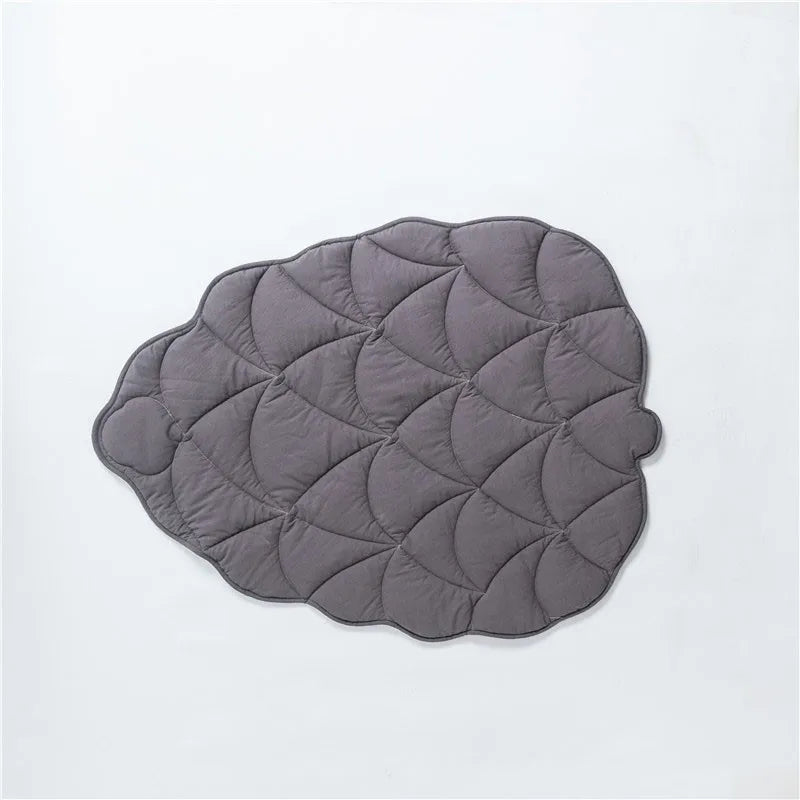We regularly receive great and interesting customer questions in our inbox. With the help of an expert, we will answer another customer question today! Because why are our dogs' noses wet? Time to answer this!
On June 28, 2020, Mark Hoevenaar sent us an email. He has wondered for years why his two Bulldogs' noses are wet - and is it a healthy thing if the nose is not wet? We asked Amsterdam veterinarian Anita Nguyen, her answer below!
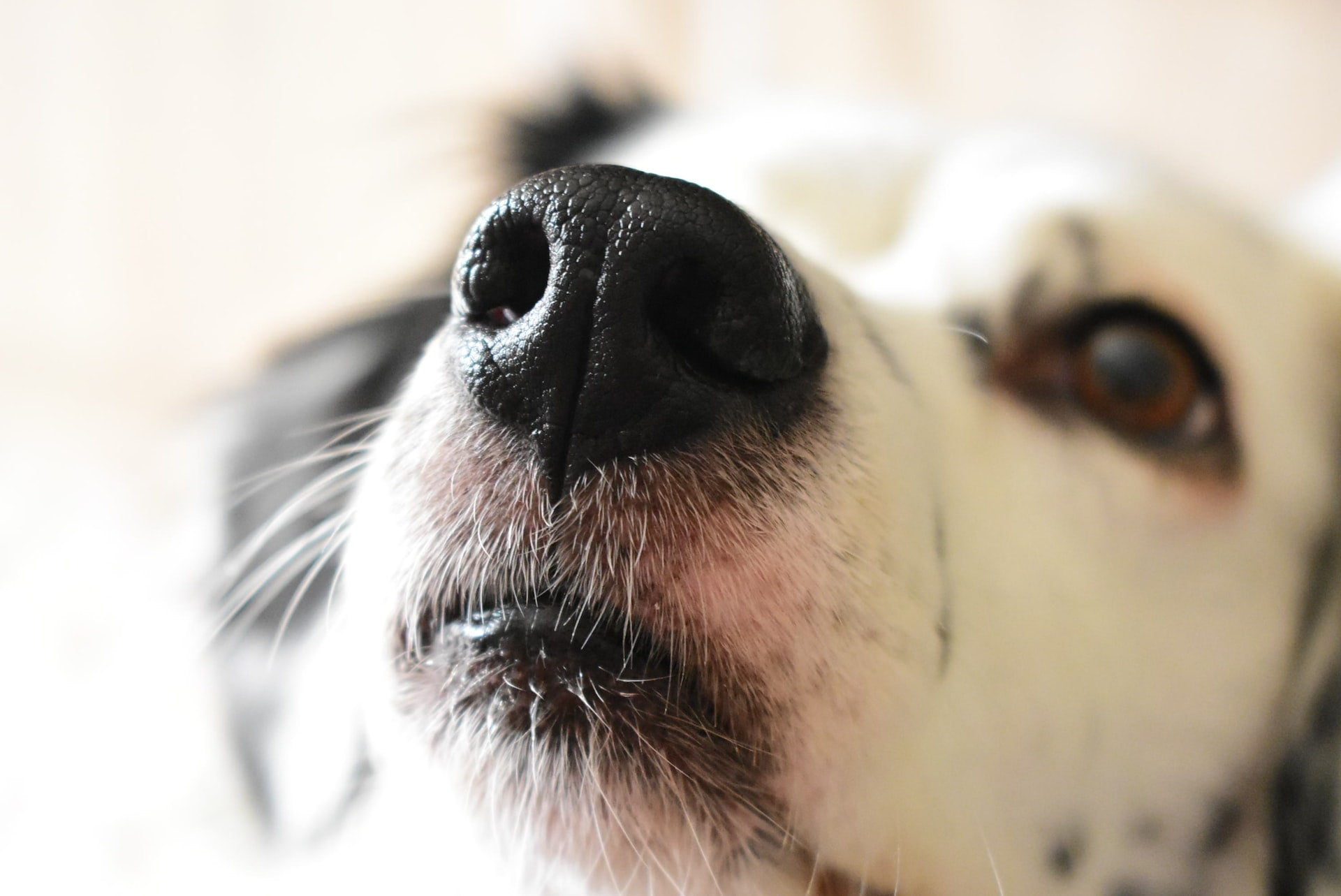
Why do dogs have wet noses?
A cold, wet nose probably sounds familiar to your dog. If you have a puppy walking around the house, you have undoubtedly seen countless wet noses against doors, glass surfaces and windows and have to clean them all the time. But why are dogs' noses wet anyway? And is it harmful if the nose is not wet?
The wetness of a dog's nose comes from a mixture of saliva and mucus, says vet Anita Nguyen , a veterinarian in the Van Galenbuurt in Amsterdam-West (Netherlands). A dog's nose secretes a thin layer of mucus, and dogs add even more mucus and saliva by licking their nose regularly.

Wet nose in dogs has essential function
A wet nose in four-legged friends has a number of essential functions. First, keeping the nose moist helps regulate body temperature. Anita Nguyen explains to us that dogs do not have sweat glands all over the body like us humans, dogs have them in the nose and paw pads. They must rely on this to maintain a safe body temperature. “The moisture from the nose helps them evaporate heat and helps cool their bodies,” she says.
Dogs' wet noses also contribute to their incredible sense of smell. When dogs inhale, small odor particles floating in the air become trapped in their nasal mucus. “This helps dogs break down and interpret odors,” continues Nguyen.

Dog's sense of smell is much better
“Dogs' sense of smell is clearly much, much better than humans' – and we think we know why,” says Anita Nguyen. By licking the nose, dogs can smell even more and deeper. When a dog licks its nose, its tongue picks up some of the odor particles trapped in the mucus of its nose.
A dog's tongue has a so-called olfactory gland on the Jacobson's organ at the top of the mouth, which gives a dog an even more nuanced understanding of the chemical compounds that make up odors.
Help! My dog doesn't have a wet nose...
Many dog owners worry when their dog has a dry nose, but this is not automatically a cause for concern, explains Anita Nguyen , a veterinarian in the Van Galenbuurt in Amsterdam-West. “It's normal for a dog to have a wet nose, but just because he has a dry nose doesn't mean he's sick. It's just an 'old myth' that if a dog has a dry nose it's abnormal ".
Dogs' noses can sometimes be dry for various reasons. Sleeping in a room with low humidity can also make a dog's nose extremely dry. Also, dogs' noses are less wet when they wake up after a long sleep, simply because they haven't licked them for a few hours. Before running to the vet, Nguyen recommends waiting to see if the dog's nose gets moist again as the day goes on.

When should you be concerned?
If there are changes in the color of the nose, or if there are bleeding, cracks, flakes. If there are also lumps and bumps around the muzzle, face or nose, it is much more worrying. “If the dog has a nosebleed, we definitely want to see the dog, especially if it happens quite often,” adds Anita Nguyen. Also, if your dog not only has a dry nose, but is also sick or otherwise behaving unusually, it could be a sign of a more serious problem.
In short, if you notice changes in the appearance of the nose, or changes in your dog's behavior accompanied by a dry nose, you should always exercise caution and have your dog checked out.














































